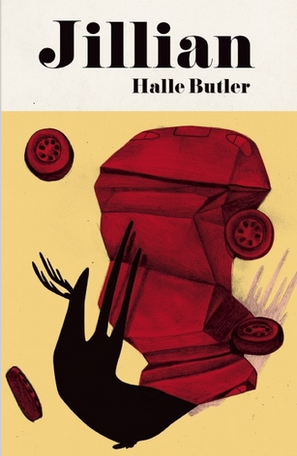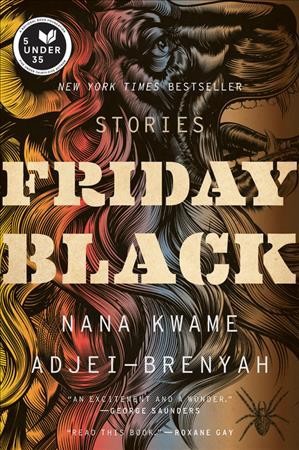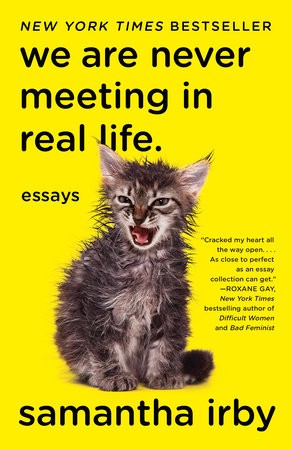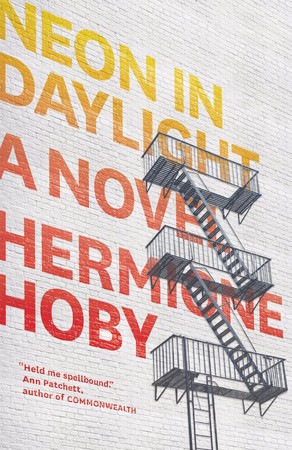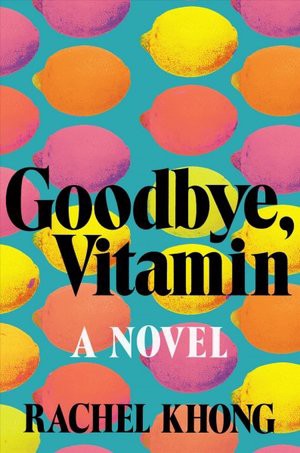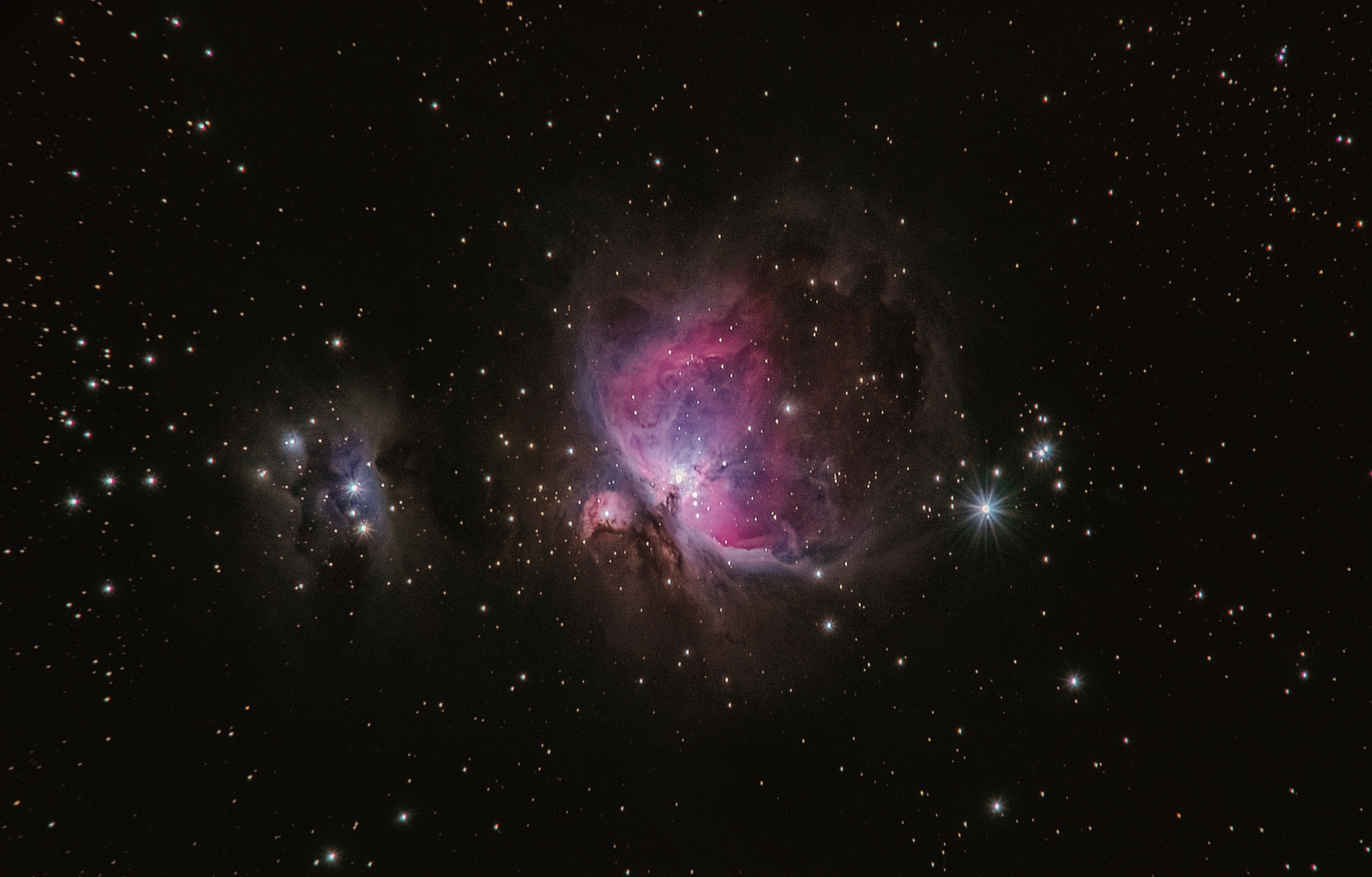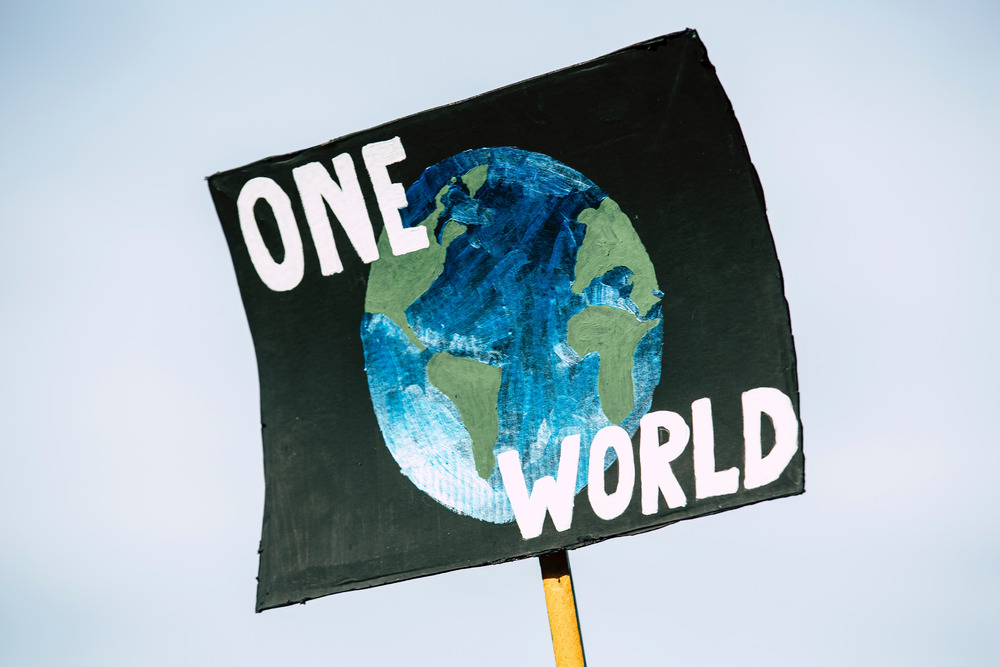Reading Lists
14 Books to Help You Deal with Millennial Burnout
Kick back and read a book about how tired everyone is. You deserve it.

In her popular BuzzFeed essay “How Millennials Became the Burnout Generation,” Anne Helen Petersen tries to understand the strange exhaustion that attacks those of us who don’t bat an eye at 60-hour work weeks but become quivering piles when asked to buy stamps or pick up the laundry or renew our registration. Rather than under-attentive, we’re over-focused and it’s making the world warp. “We didn’t try to break the system, since that’s not how we’d been raised,” Petersen writes, “We tried to win it.” For some, even while winning, it feels like losing. That’s where burnout creeps in. She cites Josh Cohen, an expert in burnout, who writes: “You feel burnout when you’ve exhausted all your internal resources, yet cannot free yourself of the nervous compulsion to go on regardless.”
For those of you nodding, laughing, crying, or a little bit of all three, here are some books to read when you feel like everyone else but you can survive without sleep, without love, without a break, and keep going anyway. (For those of you currently preparing to turn this list into a to-do list, I see you.)
Chemistry by Weike Wang
In Petersen’s article on millennial burnout, she describes “the psychological toll of realizing that something you’d been told, and came to believe yourself, would be ‘worth it’— worth the loans, worth the labor, worth all that self-optimization — isn’t.” In Chemistry, the narrator has a prestigious Ph.D. program to finish to make the parents proud, a boyfriend who needs to be turned into a fiancé, and then there’s the question she doesn’t have time for: what does she want to do, to make it all worth it ? The hours at the lab, the unanswered research questions and love questions, the palpable pressure from her Chinese parents, her cohort, and her all-too-supportive boyfriend lend themselves nicely to burnout. Indecision, self-doubt, general anxiety, and self-discovery ensue.
Jillian by Halle Butler
Rather than focus on the structural inequalities and absurd economic realities we are forced to live through, sometimes it feels better to turn to blaming one another. Twenty-four-year-old Megan is an admin assistant in a doctor’s office. Jillian is her 35-year-old coworker. Megan is obsessed with despising Jillian. They have nothing in common except their belief that the life they want is not the same as the life they are living. They characterize two ends of the millennial critique spectrum — Megan, inert and indecisive (“Should I get myself some abstract ambitions and start designing events calendars?”) and Jillian, overactive and indecisive (single, working mom who adopts special needs dog, riddled with shame for needing help). A perfect book for those of us just looking for a break from the self-care regimen, Kathleen Rooney of the Chicago Tribune called Jillian “the feel bad book of the year.”
Pretend I’m Dead by Jen Beagin
Mona is a 24-year-old housecleaner/sometimes artist with a passion for vintage vacuum cleaners. She’s tired of being asked “what else” she does “besides cleaning houses.” When she falls in love with a recovering heroin addict at the needle exchange where she volunteers, things get messy. The man,“Mr. Disgusting,” disappears and breaks her heart, but recommends she move to Taos, New Mexico for a clean start. She follows his advice. In Taos, Mona meets a whole host of bizarre characters who are also looking for spiritual healing, new beginnings, and closure. Read this one to remember why living like a millennial invites really great storytelling. The adventures continue in Vacuum in the Dark, Beagin’s second novel about Mona, out later this year.
Friday Black by Nana Kwame Adjei-Brenyah
The concept of the “millennial experience” tends to overemphasize the experience of white millennials while ignoring or doing little to acknowledge the different experiences black men and women struggle with in the same generation. In this searing (and darkly funny) short story collection, Adjei-Brenyah challenges that white-washed understanding of our generation and offers more variations on millennial burnout with stories that highlight the absurdity, violence, and racism alive and well in the tradition of American consumerism.
‘Friday Black’ Is a Brutal, Brilliant Satire of American Racism and Capitalism
Conversations With Friends by Sally Rooney
Read to discover that no one knows what the hell they are doing and the best thing to do about that is write about it. Rooney, who is rightfully touted as the voice of the millennial generation, writes about two young women at Trinity on the precipice of living some kind of life while in the middle of living several others. Frances and Bobbi are brilliant and witty ex-lovers who refuse to title their relationship, so other kinds of relationships weasel their way in between the two. There’s ambiguity, there’s inertia, there’s wit, there’s a reason to spend your day alone in bed with this book.
We Are Never Meeting in Real Life by Samantha Irby
If you aren’t following Samantha Irby on Instagram or Twitter, then add it to your to-do list and then go do it and cross it off so you can justifiably feel good about doing some self-care work for the day. In her essay collection, Irby translates the trials of adulting — budgets, The Bachelorette, Costco, mom-friends, etc.—into hilarious insights on how to survive the dumpster fire that is this thing we call life.
My Year of Rest and Relaxation by Ottessa Moshfegh
The year is 2000. The narrator is skinny and beautiful. She has lots of money, inherited from her recently deceased parents, and lives in a beautiful apartment all by herself on the Upper West Side. She’s graduated from Columbia, competed for and landed internships, maintained a low-paying job in the industry she is “passionate” about, and promoted a high-status social life. Until, one day, she stops. She makes sleep (through a prescription-drug-induced hibernation) her new side hustle, and then takes that passion on as a full-time job. While the main character isn’t really a millennial (to be in her early twenties in 2000, she would have been born before 1981), there’s a reason it resonated with people who were around her age in 2018.
Severance by Ling Ma
Candace is in her twenties and feeling pretty okay about leaving photography behind for a stable career managing the logistics of Chinese production for Bible sales in the U.S. Then, Shen Fever, a virus that’s basically burnout (it turns people into brainless zombies who continue doing rote activities until they die) strikes Candace’s office. In a matter of weeks, all of New York City is ravaged by the disease. Candace remains, trying to use the routine of her work to ward off questions about what to do next, until she appears to be the only uninfected person left in New York City. Severance critiques the behavior that leads to burnout: the motions we use to create pseudo-stability in the city are the same ones that point the fevered out as dead on their feet.
‘Severance’ Is the Apocalyptic Millennial New York Immigrant Story You Didn’t Know You Needed
Neon in Daylight by Hermione Hoby
Kate has just arrived in New York City in the summer of 2012. An unfinished Ph.D. and complicated relationship with an ex-boyfriend at her back, Kate settles into a borrowed apartment with a cat named Joni Mitchell. She wanders. She thinks a lot. She meets two people: Bill, a novelist with more accolades for the movie based on his book than anything else, and Kate, a recent high school graduate who prefers Bushwick and Craigslist to the college syllabus. Read to remember why wandering is good for the soul, and why no summer will ever live up to the first summer you spent on the other side of “throwing it all away.”
The Mental Load: A Feminist Comic by Emma
The Mental Load was originally an online comic in French about all the invisible labor we spin into “multi-tasking” aka the stuff of burnout. The address change we need to finish. The voicemail from Great Aunt Sue we haven’t listened to. The to-do list we lost and the laundry we forgot to fold and the iron we now have to buy for said-crumpled-laundry. It’s all there. Reading The Mental Load might not lighten the burden, but makes me feel like I have friends who really get it. Am I laughing or am I crying?
Goodbye, Vitamin by Rachel Khong
For when you are shocked to realize your life is not what you expected it to be, and shit keeps getting worse, anyway. Ruth has broken up with her fiancé, quit her job, and returned home to find her father, the brilliant history professor, now only occasionally lucid as he enters the late stages of Alzheimers. The novel jumps back and forth from Ruth’s comic assessment of the present moment to her father’s journal from the past. It moves quickly, so try not to be shocked if you suddenly jerk from laughing to crying. An efficient catalogue of emotions for all millennial compatriots, and a look at an under-considered component of millennial burnout: Baby Boomers.
Behold the Dreamers by Imbolo Mbue
In her essay on millennial burnout, Petersen points out the paradoxical skill set for millennials: “Our capacity to burn out and keep working is our greatest value.” If you do the right thing, it’s promised, and work hard for the right people, everything will work out. Unless there’s a Great Recession, and you’re not white. Jende Jonga and Neni, two young Cameroonian immigrants living with their six-year-old son in Harlem meet Clark Edwards, an executive at Lehman Brothers. Jende becomes his chauffeur, both Jende and Neni and bend over backwards to find opportunities to continue working for him. But when the Great Recession hits, they are forced to encounter the crumbling facade of their employer’s morality, to so-called American dream, their struggling marriage, and what comes next.
Pond by Clare-Louise Bennett
Jia Tolentino’s review of Pond is perfectly titled: “A Work of Fiction that Will Make You Feel Pleasantly Insane.” While that’s not wrong, it also might be said that this is a book to read when you’ve tried to read the sanctimonious Walden and can’t stop thinking about the time you heard Thoreau’s mom did his laundry for him. In the series of interconnected stories that make up Pond, the narrator is trying to meet the world in an unmediated way, to strip back all the layers of adulthood that obstruct her access to the world. She’s an unapologetic misanthrope and somehow that’s comforting. Maybe that’s the insane part?
Made for Love by Alissa Nutting
Another story about failed love and dealing with what to do with your life afterwards. Except Hazel’s ex is a sociopathic Silicon Valley dude who wants to plant a chip in her head, and her father has gone all-out on a sex doll as an act of selflessness (because death is nigh, he explains, and sex dolls don’t mind if you die on top of them). Just when you think you’re the only one who is a mess, remember where you come from.





